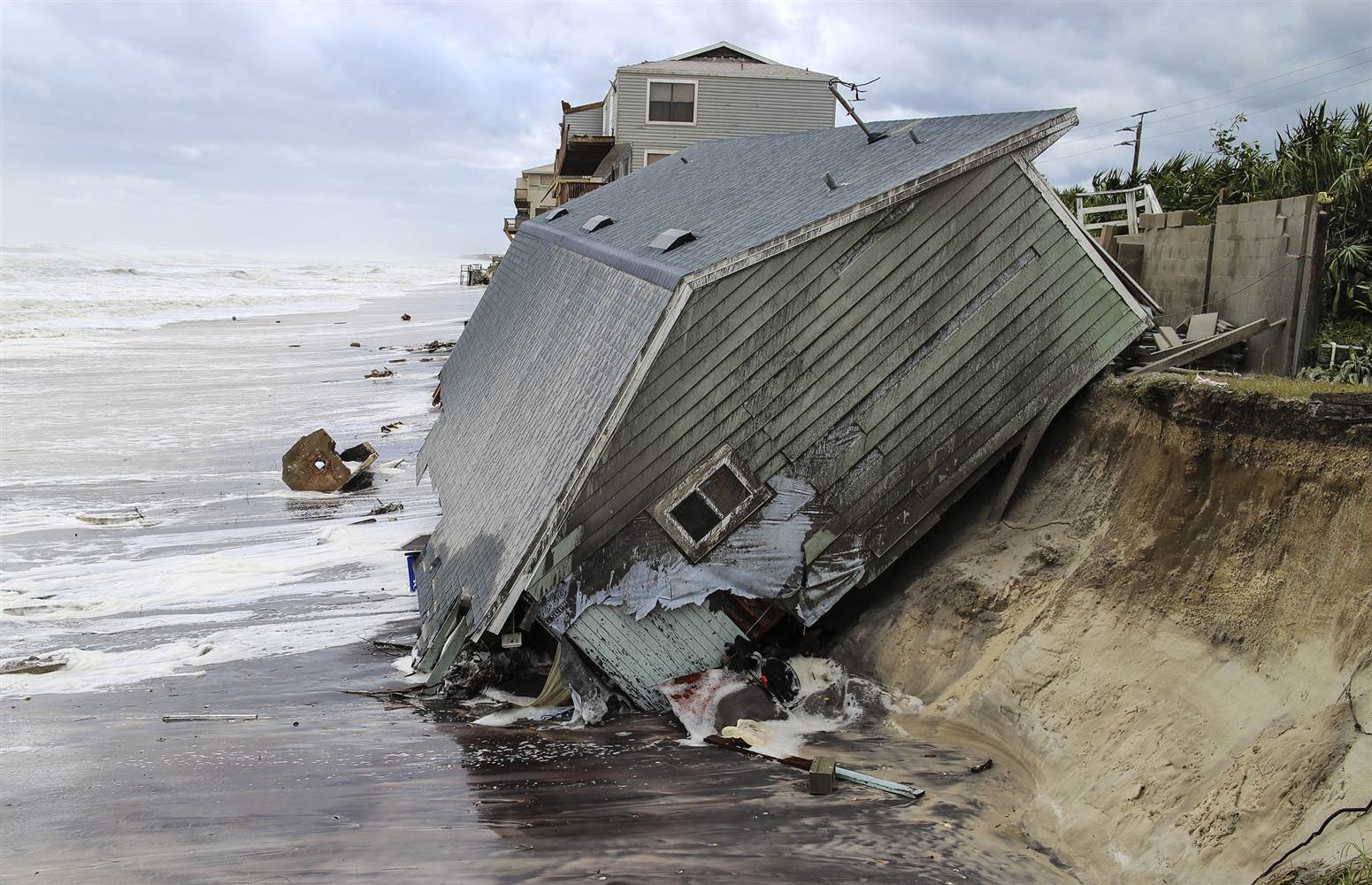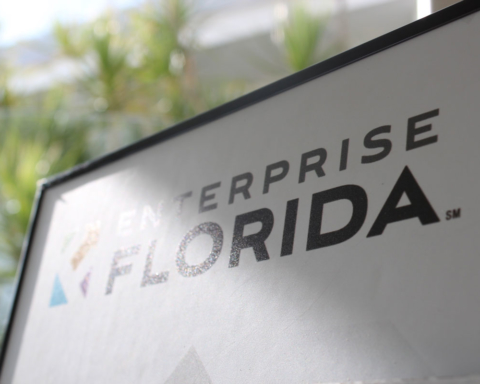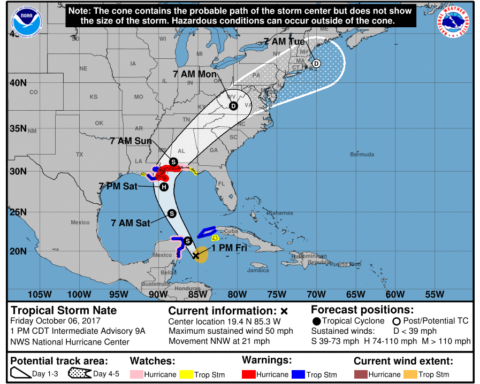A key economist offered a sobering message Friday to state lawmakers: Forget having extra cash for next year’s budget.
A long-range financial analysis projected that lawmakers would have a relatively slim $52 million surplus as they put together the 2018-2019 budget. But that was before Hurricane Irma blew through the state early this week.
Amy Baker, who directs the Legislature’s Office of Economic and Demographic Research, told a joint House and Senate budget panel Friday that the state’s costs in grappling with Irma will erase the surplus – and likely put lawmakers in a budget hole.
“I would advise you to assume that $52 million is completely gone,” Baker told members of the Joint Legislative Budget Commission.
The legislative panel approved the annual financial analysis, technically known as a “long range financial outlook.” The report, put together by Baker’s office, the Senate Appropriations Committee and the House Appropriations Committee, includes voluminous data and makes assumptions about issues such as amounts that lawmakers will spend on critical programs and amounts they will place in reserves.
“In short, it’s a starting place to kind of assist us in planning for the state’s fiscal future,” said House Health Care Appropriations Chairman Jason Brodeur, a Sanford Republican who presided at Friday’s meeting.
While the analysis showed a $52 million surplus before Irma, it projected shortfalls of nearly $1.15 billion during the 2019-2020 fiscal year and $1.64 billion during the 2020-2021 year.
Baker said the key to the projected $52 million surplus was a gambling deal that Gov. Rick Scott reached with the Seminole Tribe of Florida this summer. She said the effect of the deal was to “flood in” $550.7 million for the coming year.
But Baker said analyses of past hurricanes have shown that the state spends significantly more on storm costs than it gets in additional tax dollars related to rebuilding. As examples, she said big state expenditures after hurricanes in 2004 and 2005 included beach-restoration costs and state matching funds to draw down money from the Federal Emergency Management Agency.
She said economists each year keep in mind “black swans” – events that are unlikely to happen but have high costs. Irma is such an event.
“Normally, black swans are forward-looking, but this one has arrived,” Baker said.
Lawmakers, who will start the 2018 legislative session in January, will have a variety of potential options for balancing the budget. For instance, they could cut spending or decide against making tax cuts.
But without even taking into account the costs from Irma, Baker said lawmakers should take steps that would help address the shortfalls projected for the 2019-2020 and 2020-2021 years.
“If you wait, it’s going to be much more disruptive and much more painful to deal with it all at once,” she said.
Republished with permission of the News Service of Florida.







